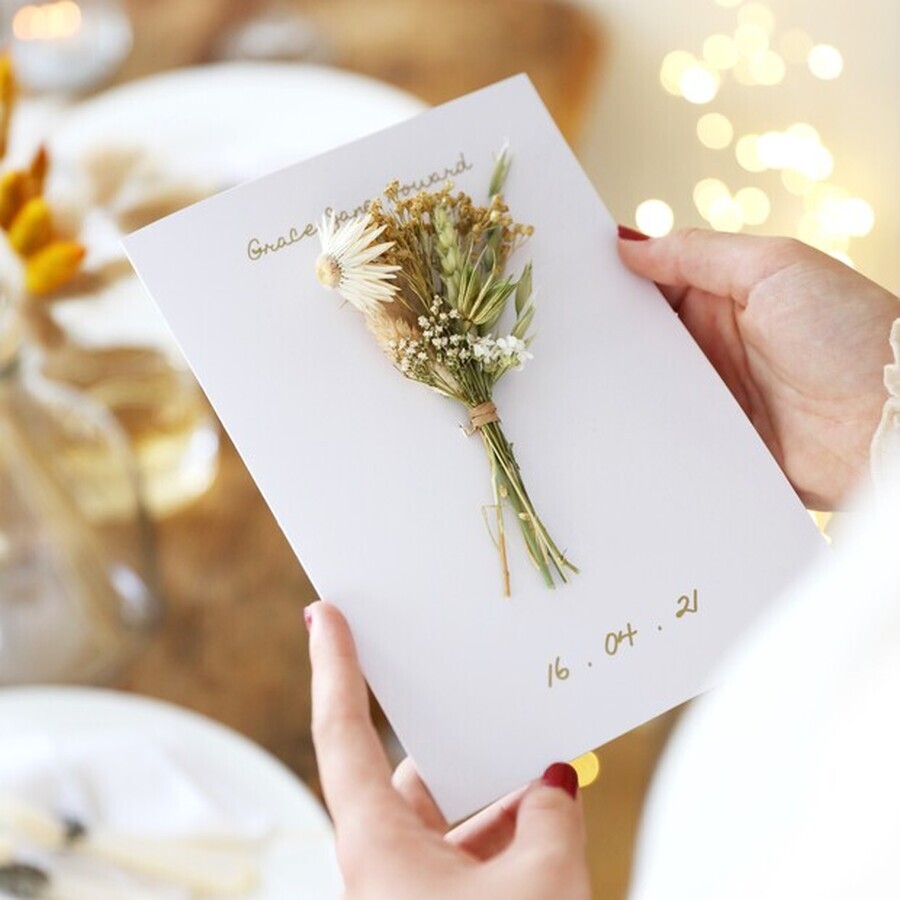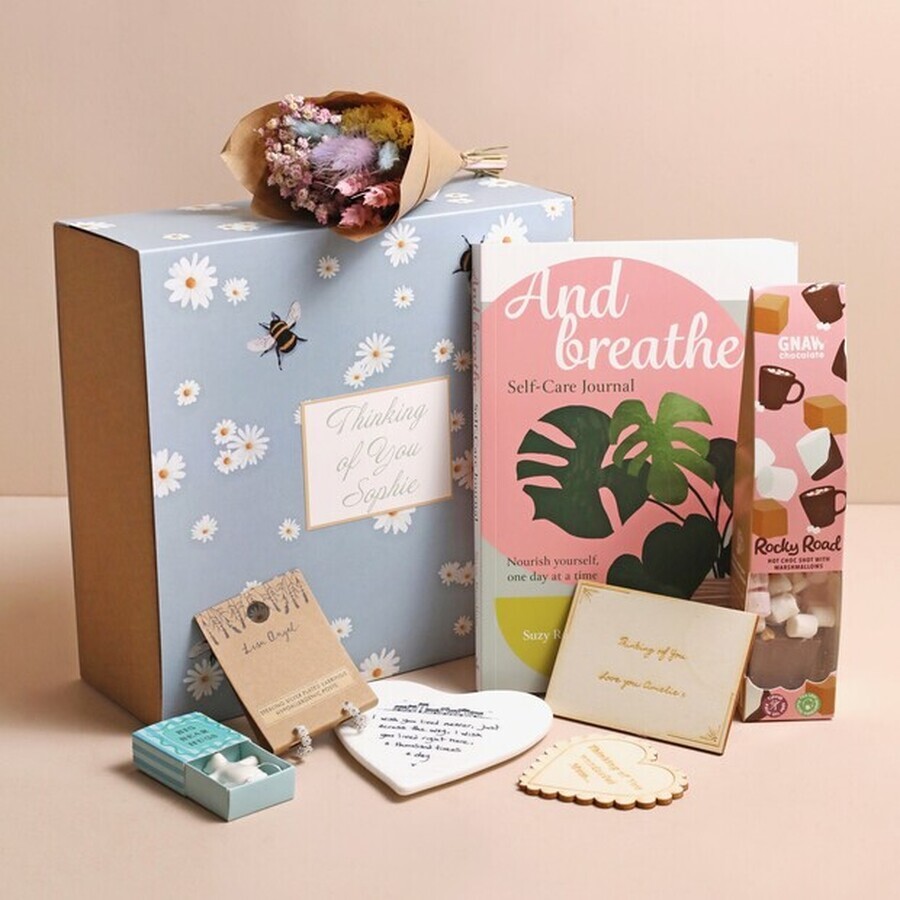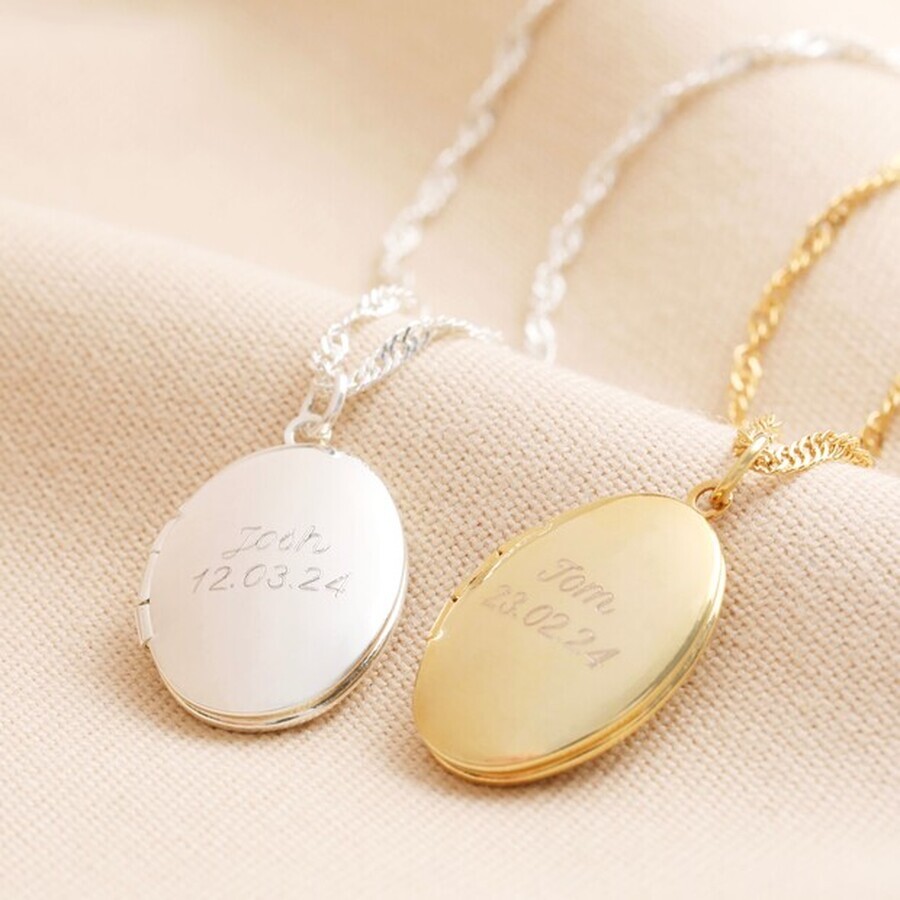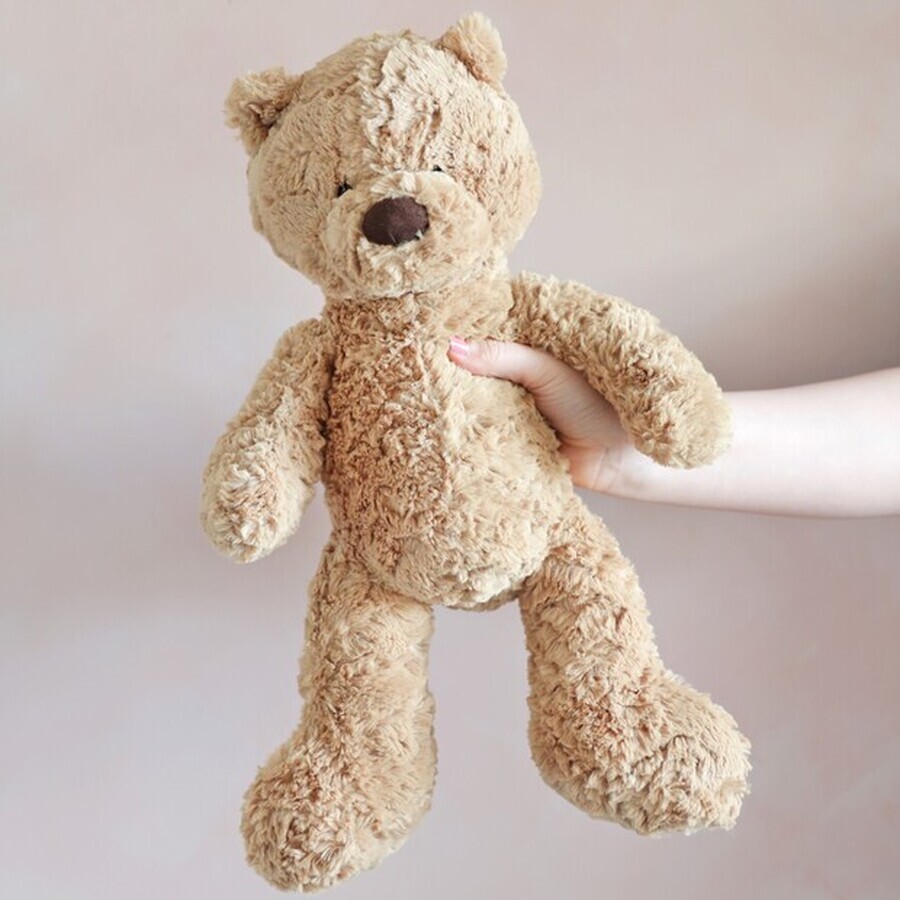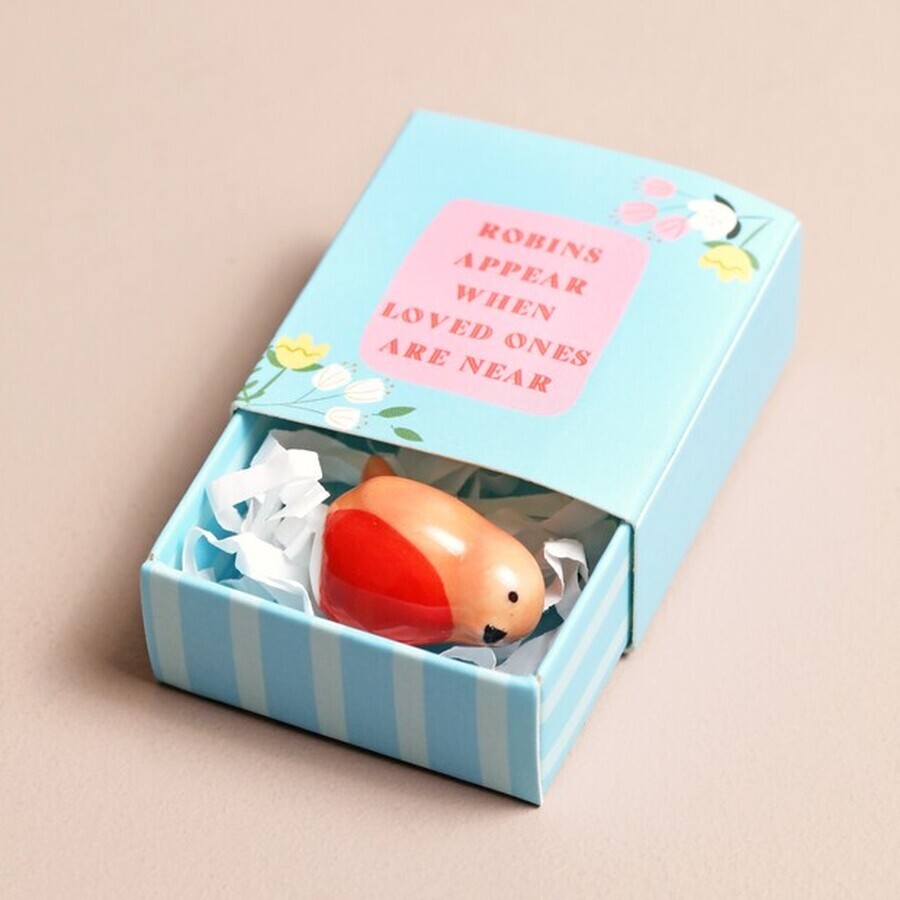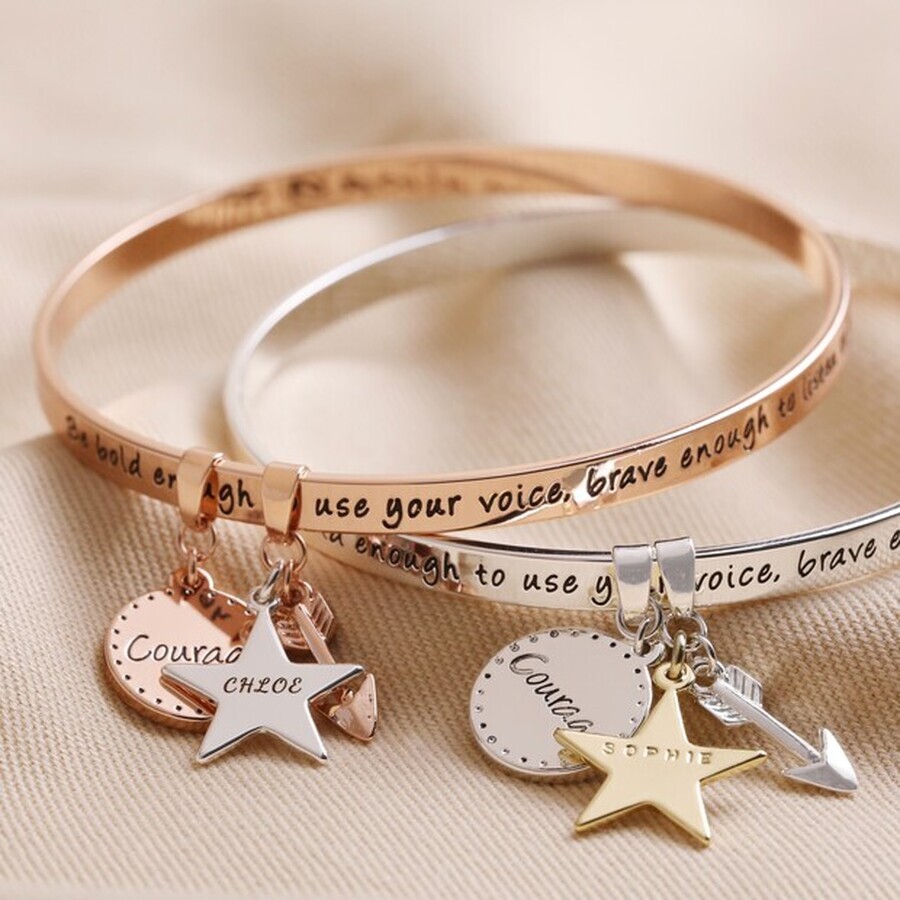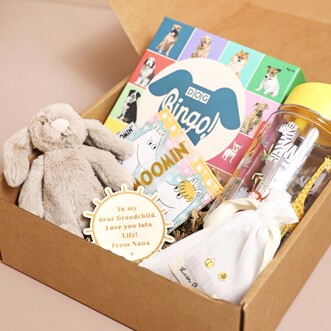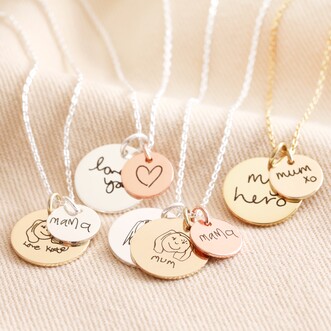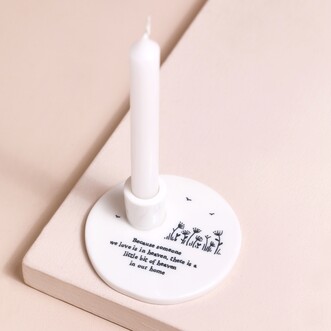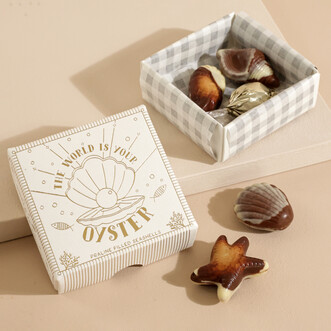Heartfelt Bereavement Gifts for a Loved One Suffering with Loss
By Ellie Dharamraj - 6th August 2024
Losing a loved one is an incredibly tough and emotional experience, and words often fall short of expressing our feelings. During these times, the support of friends and family is invaluable, providing comfort and strength when it’s needed most. When you can’t be there in person, a gift can serve as a lasting reminder of your love and support, offering comfort when words fail. These sympathy gifts can honour the memory of the deceased and remind the grieving person they are not alone.
Should I Gift Someone Who Is Grieving?
Choosing whether to give a gift to someone who is grieving can be delicate. Acknowledging their grief is crucial as it shows their pain is recognised and shared. Whether practical or sentimental, gifts play a key role in expressing sympathy and support, reminding them they are not alone.
When considering a bereavement gift, think about your relationship with the grieving and the circumstances of their loss. While there’s no strict timeline, sending a gift shortly after the loss or bringing a thoughtful token to a memorial service can provide much-needed comfort. The intention behind the gift—showing care, support, and solidarity—matters most.
Gifting dried flowers is a thoughtful alternative to fresh flowers, which is a more traditional gift. Those experiencing grief may find it difficult to maintain the posy. Dried flowers, however, keep their beauty indefinitely, symbolising enduring love and remembrance. They offer a lasting tribute without the need for maintenance, providing ongoing comfort.
How to Support Someone Who Lost a Loved One
Supporting someone who has lost a loved one goes beyond giving gifts. Offering emotional and practical support is essential. Simply being there to listen and providing a compassionate presence can make a big difference. Let them express their feelings without judgment, acknowledge their pain, and validate their emotions. Regular check-ins, sharing memories, or just sitting in silence together can offer immense comfort. Be patient and understanding, recognising that grief has no set timeline. By consistently showing up and offering support, you help create a safe space for them to heal.
Practical support is also vital. Helping with daily tasks like grocery shopping, cooking, or cleaning can provide significant relief. Assisting with childcare or running errands can give the bereaved time to rest or handle other matters. By stepping in to handle these tasks, you create a more manageable environment, allowing your loved one to grieve and focus on healing.
Hamper gifts are a heartfelt and practical way to offer support. Curated collections tailored to the needs and preferences of the bereaved can be very comforting. A food hamper with ready-to-eat meals and snacks can provide nourishment when cooking feels overwhelming. A relaxation hamper with scented candles, soothing teas, and bath essentials can offer moments of peace and self-care. Carefully selected items that cater to their well-being remind them they are not alone.
What Comfort Does a Sympathy Gift Have?
A sympathy gift offers comfort to someone in grief; it reassures them that they are not alone and that their loss is acknowledged. Such gifts provide a sense of connection and empathy, offering a meaningful rest from grief. Whether it’s a heartfelt note, a keepsake, or a practical item, a sympathy gift embodies care and compassion, fostering healing and reminding the grieving individual they are surrounded by support.
A comforting gift for a grieving child, like a cherished teddy bear or a day trip to a favourite place, can offer emotional solace and a sense of normalcy. These gestures provide both physical comfort and emotional relief, helping the child navigate their grief while feeling cared for.
For adults, a comforting gift can offer both emotional solace and a connection to cherished memories. A locket with a photo, memory books, or a personalised memorial candle can provide lasting comfort. These thoughtful gifts acknowledge the depth of the loss while offering meaningful ways to remember the departed.
What Is an Appropriate Bereavement Gift?
Choosing a gift involves consideration. These guidelines will help you select something meaningful:
1. Know the recipient: Consider their personality, preferences, and what their relationship was with the deceased.
2. Consider practicality: Opt for gifts that offer practical support, like food delivery, a self-care hamper or a gift card.
3. Focus on comfort and sentiment: Gifts like a cosy blanket, a framed photo, or a candle can offer emotional comfort.
4. Personalisation: Personalised gifts, such as engraved jewellery or custom artwork, show thoughtfulness and care.
5. Avoid overwhelming gifts: Choose thoughtful but not overwhelming gifts. Large or extravagant gifts may add stress.
6. Include a heartfelt note: Accompany the present with a sincere note card expressing your condolences and support.
In choosing a sympathy gift, consider these for the best fit:
• Personalised Keepsakes: Engraved jewellery, plaques, candles.
• Comfort Items: Cosy blankets, spa hampers, aromatherapy sets
• Practical Support: Meal delivery, grocery gift cards, household help
• Experience Gifts: Outdoor activities, spa treatments, event tickets.
• Children’s Comfort: Plush toys, special books, children's activity kits.
What Do You Say in a Condolence Gift?
When writing a heartfelt message to accompany a bereavement gift, balance compassion and sensitivity.
Do:
• Express genuine sympathy and acknowledge their loss.
• Offer unique words and phrases of comfort and support.
• Include personal memories and stories with the deceased.
Don’t:
• Minimise their grief or offer forms of unsolicited advice.
• Use clichés or overly general and impersonal statements.
• Pressure them to move on, return to work, or find closure.
A sincere and unique message can provide solace and reinforce the care and support conveyed by your gift.
Bereavement gifts play a crucial role in offering comfort and expressing sympathy during times of loss. Whether it’s a heartfelt message, a personalised keepsake, or practical help with daily tasks, each act of kindness contributes to the healing process. By being present and attentive to the needs of the bereaved, you can make a meaningful impact, showing that they are not alone in their journey through grief. Ultimately, it is the thoughtfulness and compassion behind these gestures that truly matter, helping to foster a sense of comfort and community during a difficult time.


 $ (USD)
$ (USD) 







